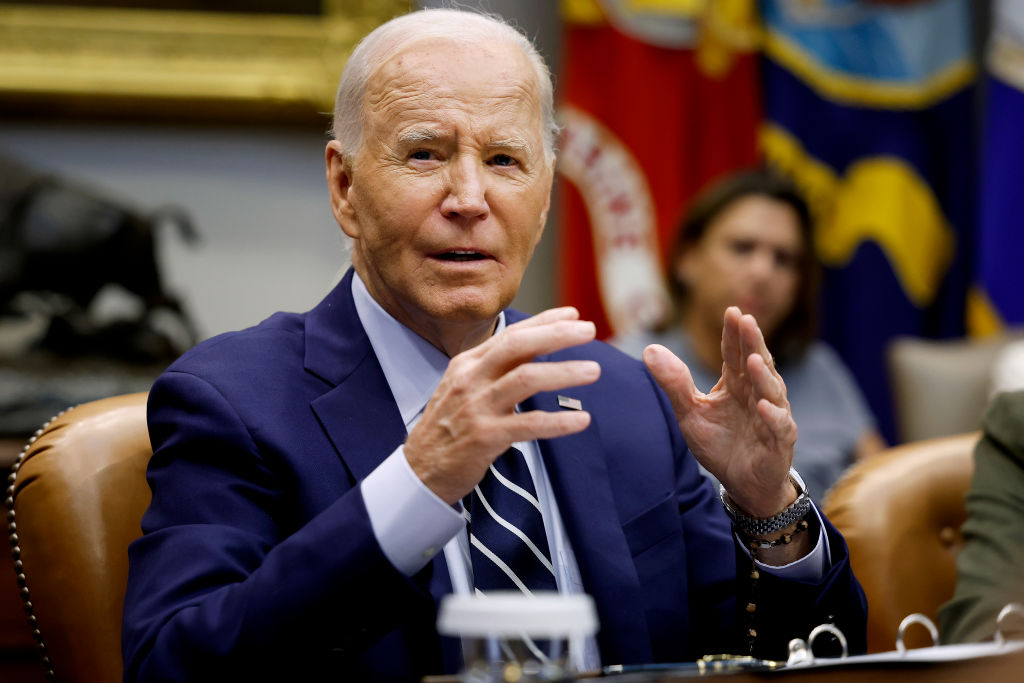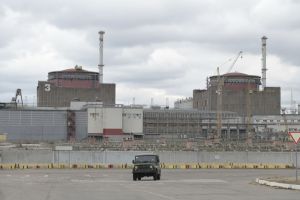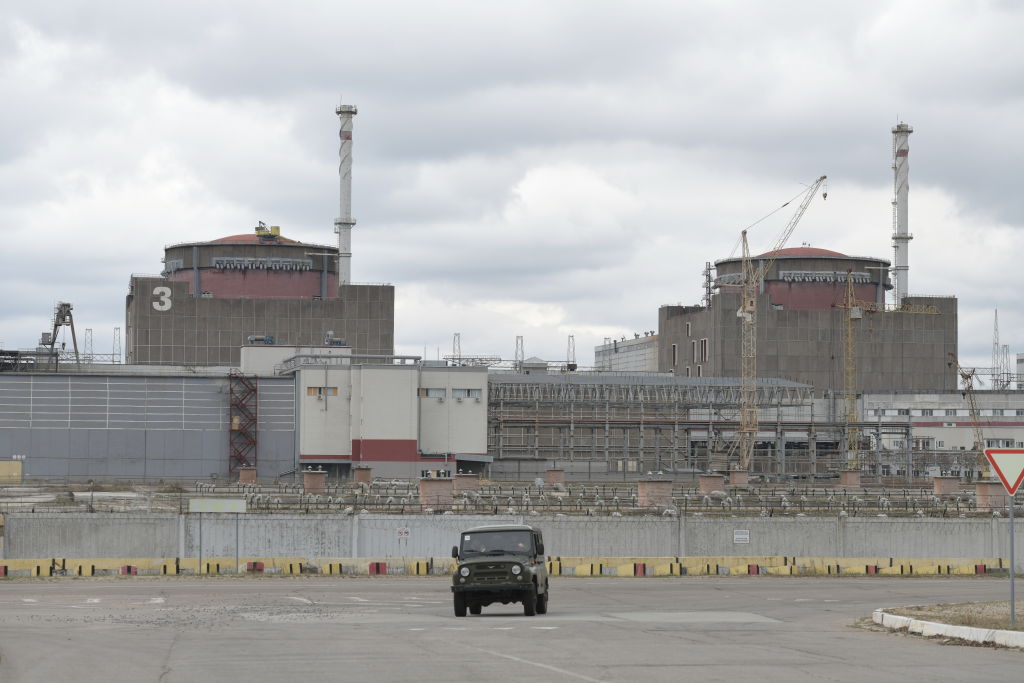President Joe Biden only has a few more months before he steps out of the White House, hands over the keys to his successor and spends his remaining days soaking in the Delaware sun. But before he enjoys retirement, the lifelong public servant has a big piece of unfinished business: scoring a major foreign policy win that will secure his place in the history books.
Unfortunately, dreaming about being a statesman is one thing; being one is quite another. The two conflicts that would give the president that coveted status — the wars in Gaza and Ukraine — aren’t presently amenable to diplomatic resolution. And while Biden and his advisors may be committed to doing the impossible, all the commitment in the world won’t do much if the combatants are intent on slugging it out. Biden could be the most gifted negotiator on the planet and still fall short of his maximalist expectations.
Take the war in Gaza. The Biden administration has expended significant diplomatic resources on getting Israel and Hamas to say “yes” on a long-term ceasefire that would end the more than year-long war, result in a full Israeli troop withdrawal and resurrect an Israeli-Palestinian peace process. In May Biden presented a three-stage Gaza ceasefire proposal, suggesting a six-week cessation of violence that might pave the way to a full hostage release in exchange for the Israeli release of Palestinian prisoners. If all went according to plan, the hostilities would stop permanently and the long process of rebuilding the Palestinian coastal territory would begin.
But this was always a pie-in-the-sky formulation, entirely dependent on Israel and Hamas demonstrating the necessary political will. To say this hasn’t happened would be a gross understatement. Israeli prime minister Benjamin Netanyahu may occasionally talk about ending the war and springing the remaining hostages, but he refuses to do what is required to accomplish those objectives — signing a ceasefire deal with the terrorist group that slaughtered some 1,200 Israeli citizens on October 7, 2023. In Netanyahu’s mind, any agreement that allows Hamas to regenerate its military capacity is a non-starter since it would cut his latest stint in government short. Confronted with the choice of freeing the hostages and preserving his coalition government, Netanyahu is opting for the latter.
Hamas, meanwhile, is just as intransigent. The group remains unapologetic about the October 7 massacre, with Khaled Meshal, the chief of its political bureau, telling the New York Times on September 17 that the attack was an effective means to bring the Palestinian issue back onto the international agenda. The fact that it also prompted Israel to wage a large-scale military operation in Gaza, destroying it in the process, doesn’t seem to register with the group’s leadership and is even explained away as the price of liberation. Hamas is battered but not beaten, and its terms for a settlement — a full Israeli troop departure from Gaza and an immediate, guaranteed end of the war — suggest that it’s willing to continue an insurgency against the Israelis for as long as it takes. The escalation of hostilities between Israel and Hezbollah, a conflict that taken to its extremes would make the war in Gaza look like a picnic, has only given Hamas leader Yahya Sinwar another reason to prolong talks and make Israel’s life miserable.* No amount of “bridging proposals” from the Biden administration is going to reconcile these two irreconcilable positions.
The war in Ukraine is even less susceptible of a Biden-orchestrated settlement. First, it doesn’t appear that Biden and his advisors actually want one. As national security advisor Jake Sullivan told a European security conference in August, “I think any peace plan that attends [sic] to essentially impose peace on the people of Ukraine that runs across fundamental principles of sovereignty and territorial integrity, democracy and freedom is not just or sustainable.” In other words, the only party that has a right to determine how or whether peace is achieved is Ukraine. By this logic, everybody else, including the United States, which has sent tens of billions of dollars in military equipment to Kyiv over the last two and half years, should keep their mouths shut and continue bankrolling the war effort.
Second, Ukrainian president Volodymyr Zelensky and Russian president Vladimir Putin aren’t open to meeting each other halfway. Just like Israel and Hamas, the two leaders have adopted terms that can’t be squared. Zelensky is hopping on airplanes to promote his so-called “just peace” formula, which may ultimately prove less a plan than a wish-list — full Russian withdrawal from every inch of Ukrainian territory, including Crimea; Moscow handing over reparations for all the damage it has caused; and war crimes prosecutions against Russian soldiers, generals and officials. Putin, in turn, blabs about peace occasionally but only on his terms, which include Kyiv’s accepting that five Ukrainian provinces are now indisputably Russian.
Like all presidents before him, Joe Biden possesses a high opinion of himself. He believes his half-century record in public life, including his long service on the Senate Foreign Relations Committee and eight years as vice president, provided him the knowledge, tools and unique ability to get things done on the international stage. His final address to the UN General Assembly in September was motivated in part by a need to elevate what he achieved during his four years. Yet as his tenure comes to a close, he continues to scramble for a foreign policy legacy that will define his presidency. It’s unlikely he’ll get one.
*After this story went to press, Yahya Sinwar was killed by the Israeli Defense Forces.
This article was originally published in The Spectator’s November 2024 World edition.


























Leave a Reply